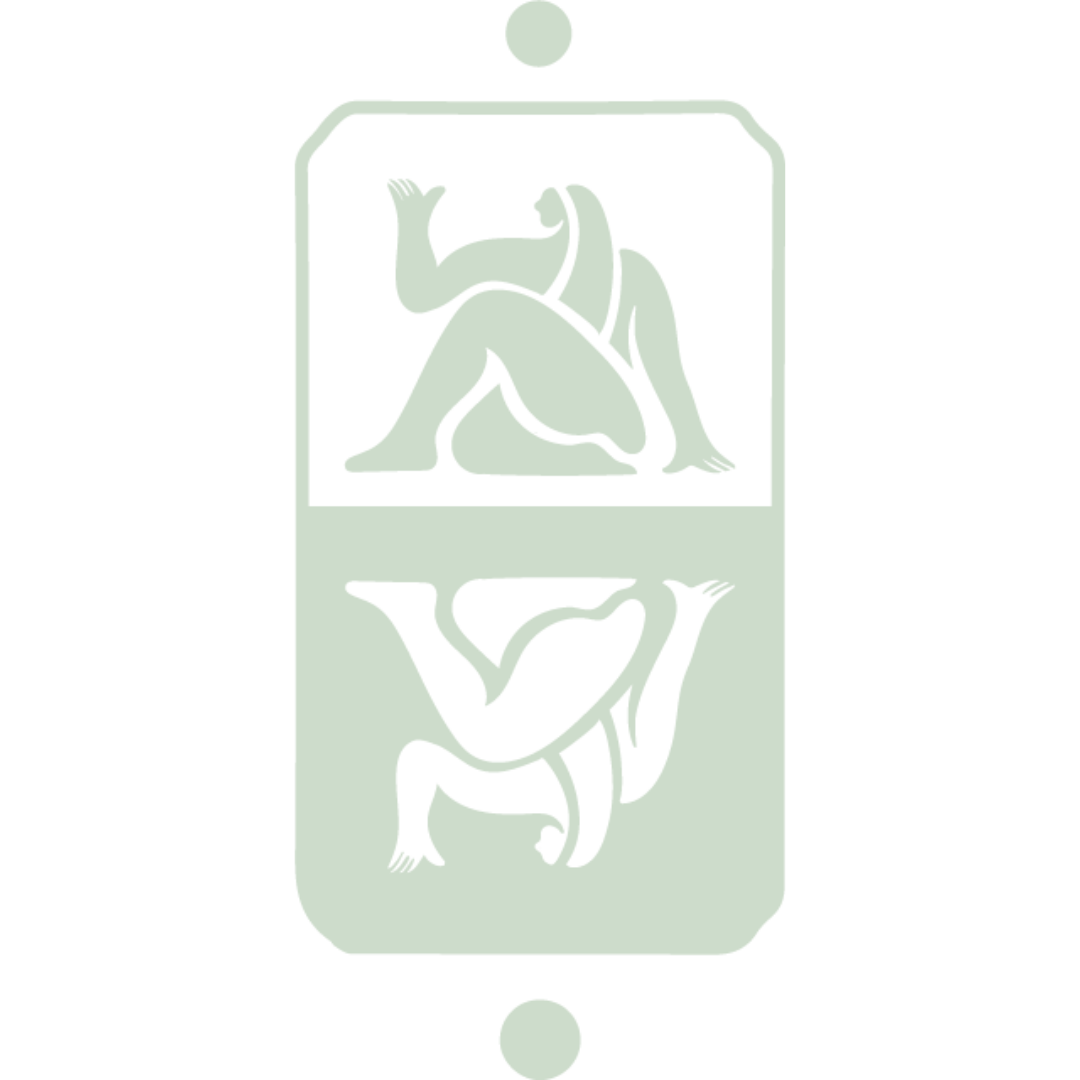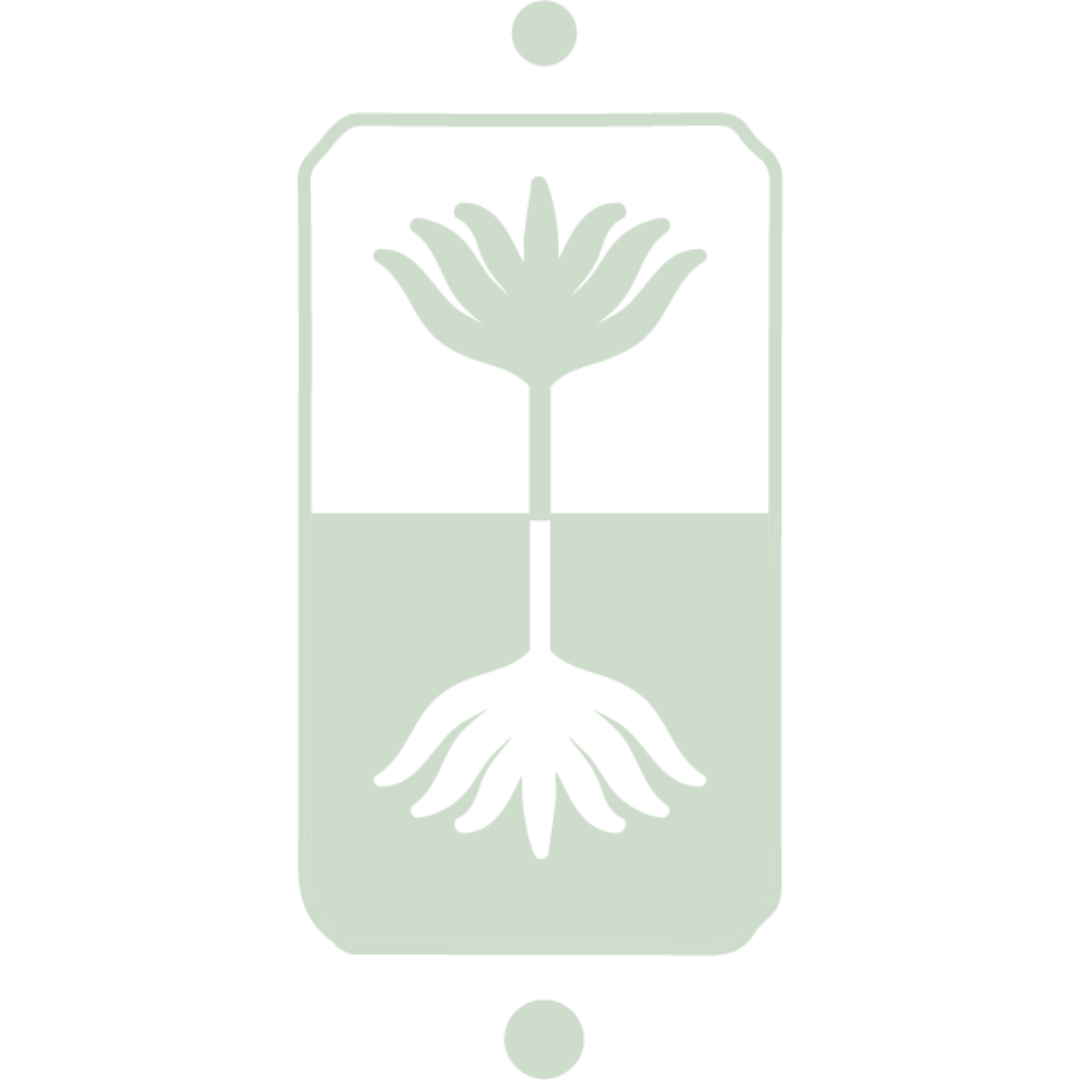Throughout history and across the world, every culture practices some kind of ritual. From communal and religious to personal or habitual, rituals can take a variety of forms and are performed for a variety of reasons. Whether aimed at dealing with grief, reducing anxiety, or making it (literally) rain, people who perform rituals report feeling better. And for a long time no one knew why …
In recent years researchers have dedicated themselves to exploring the science behind the power of ritual. The results begin to unravel some of the mystery of why rituals consistently tend to have a positive impact on people’s thoughts, feelings, and behaviors.
Research psychologist Nick Hobson has found through his studies a fairly simple theory on how ritual is effective at battling negative emotion: predictability breeds happiness.
He explains that our brains evolved to help us survive in a world full of danger and uncertainty by assessing a given situation and identifying the potential risk to our safety. Performing a ritual - a ceremony or action performed in a customary way - is a way of signaling to the brain that everything is as it should be.

One of his studies looked at a particular part of our neurology called ERN, which can be thought of as a sort of spidey sense that primes our nervous brains for conflict. Higher detected levels of ERN signals indicates more perceived threats and negative behavioral issues. Hobson took two groups of people and asked one to memorize and perform a repetitive movement-based ritual daily for a week. The ritual group exhibited reduced ERN signals, which indicates higher levels of calm and positive behavior, while there was no change in the control group.
“The findings are consistent with the longstanding view that ritual buffers against uncertainty and anxiety. Our results indicate that ritual guides goal-directed performance by regulating the brain’s response to personal failure,” he determined.

Another study by Mike Norton and Francesca Gino at Harvard split a group and told half that their actions were “ritual,” while the other half were told the same actions were “random behaviors.” The participants who believed their actions to be ritual-based described alleviated feelings of grief and loss and increased feelings of control. Even the word ‘ritual’ itself appears to carry immense benefits.
This, and other research, suggests that rituals may be more rational than they appear. A ritual performed after experiencing loss, such a the Mexican tradition of Dia de los Muertos or burning up photos of an ex, can alleviate grief. Rituals performed on a daily basis, such as a meditation practice or morning walk, do in fact reduce anxiety and increase confidence.







